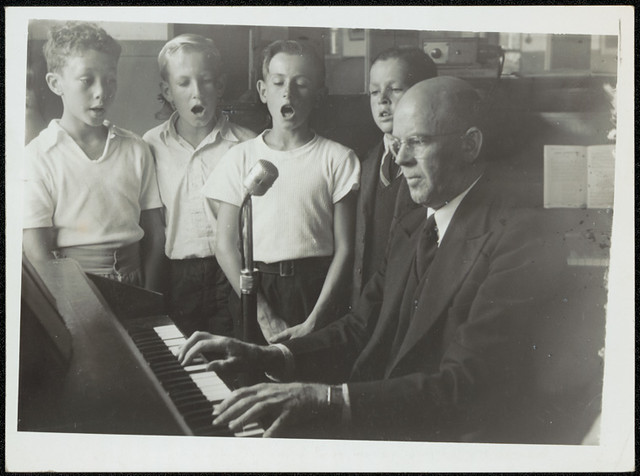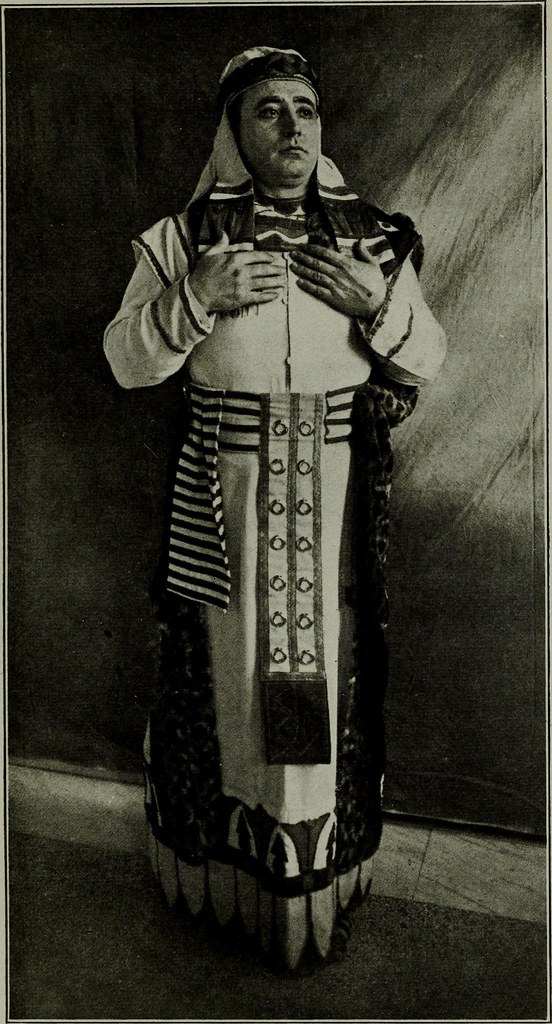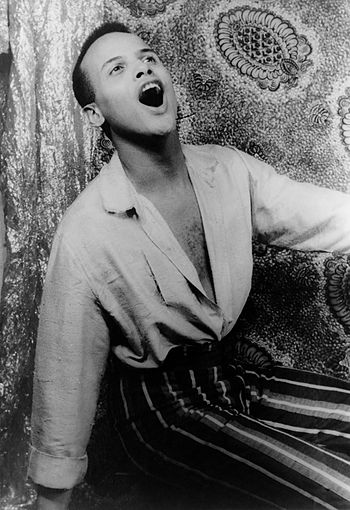 |
| Yung Singer |
In an effort to increase your odds and to obtain any “real” recognition in the music industry, whether as an artist, jingle singer, or just plain session singing, let’s take a closer look at a few factors that might increase your odds. Notice, I didn’t say do this or that and it’s a done deal. If you’re familiar at all with the music industry you are well too familiar that some make it with virtually no talent at all and others, with incredible style, look and drive, never even get the slightest nod from music industry executives.
To begin with – What’s your career blueprint look like? What are you doing from a pre-determined game plan right now? Have you actually taken the time over a cup of coffee and sat down with a pad and pencil and jotted down 1) your goals, short term and long term 2) your overall game plan and 3) how you are going to implement yours to-do list to get to your end goal?
I’m surprised to learn how few really get this far. Sure, many sit in the car or on the couch “thinking about life and their career” and have a general idea, but until you put it down on paper and follow through with a course of action, you might as well forget it. Start by writing down your goals with a course of action and break it down with what you can do this month, this week and what I can get done today - This will help you to not only stay focused but give you the boost when you feel like giving up.
I’m surprised to learn how few really get this far. Sure, many sit in the car or on the couch “thinking about life and their career” and have a general idea, but until you put it down on paper and follow through with a course of action, you might as well forget it. Start by writing down your goals with a course of action and break it down with what you can do this month, this week and what I can get done today - This will help you to not only stay focused but give you the boost when you feel like giving up.
Next, now that you’ve figured out what you want to do and how you’re going to go about doing it with a set blueprint, what does your demo sound like? It can’t just sound pretty good – And yes, this does take time and money - $75 demos won’t get the job done. Good and pretty good won’t get it – It has to knock their socks off and turn the heads of the listeners. Yes, as I mentioned earlier, some with virtually little talent get in, but what I’m talking about here is reflected in an overall picture of what’s being sent to the A&R director, producer, etc.
Not only does this demo sound great, but “Should we use it as the final mix in the CD, because it’s already in the pocket and we won’t have to spend any more production money re-cutting any of these songs.” That’s how good your demo’s should be – And as an aspiring jingle singer, don’t settle for a “mom and pop” or car commercially sounding demo reel. Your jingles ought to sound like they’re national TV and radio spots like you’ve already arrived.
The next important element, almost as important as the music itself, is your press kit and how you present yourself to industry professionals. I will break this up into 2 segments the first on the artist press kit and secondly phone calls and interviews. Anything that you send out in print or on your CD, has got to look like you’re established and you’ve already made it. Make sure that your CD covers are printed on gloss paper with high-quality photographs of you or the band. Managers, producers, and A&R directors alike, are more inclined to pick up an act that looks together. They don’t have time to figure out if this poorly imaged act has what it takes or not – And they very well might – But they don’t have the presentation. In here lies what I consider to be your greatest ally. If you will spend time and money to have your artist press kit not only look professional but with an edge, you can convey 1) your image, 2) your marketability, 3) and your dedication and sincerity – This is not a fleeting moment or idea for you. You’re in this for the long haul and your presentation states that. Make anything in print that you send out, shine.
The next part of your presentation is in the phone calls, meetings, and grin and grip events, whether concerts, showcases or otherwise. If you don’t have a natural ability to interact with individuals, you are going to have to practice. And furthermore, there’s nothing wrong, and I would suggest, writing down on paper anything that you want to come to mind before a phone conversation even begins. If you’re bad with names, as many of us are, have those names written down, easily obtained in the middle of a call. Prepare as much as you can before the conversation and be honest. Honesty goes a long way with people. Most in the industry have “heard it all” and it’s so refreshing to hear somebody state, “I’m not sure, but I’ll find out.” Speak with sincerity, honesty, but with confidence as well. After all, you’ve got something unique and it’s your vocal career. You need to sell them, but they also need to recognize the obvious, and that is that they’ve just discovered the next…
So as you begin or at least start looking at your singing career, look at these simple to implement principals that we have just looked at and know ahead of time that you are going to be specific, analytic, and purposeful in your singing career strategies. Take a look at your strengths and weaknesses and be honest. Ask others. Don’t be afraid to change course or look at other singing alternatives as well. We know that short articles are difficult to present every point of the equation, so don’t hesitate to contact us should you have further questions.
Author: Tom Gauger - Source: ArticleCity
|













